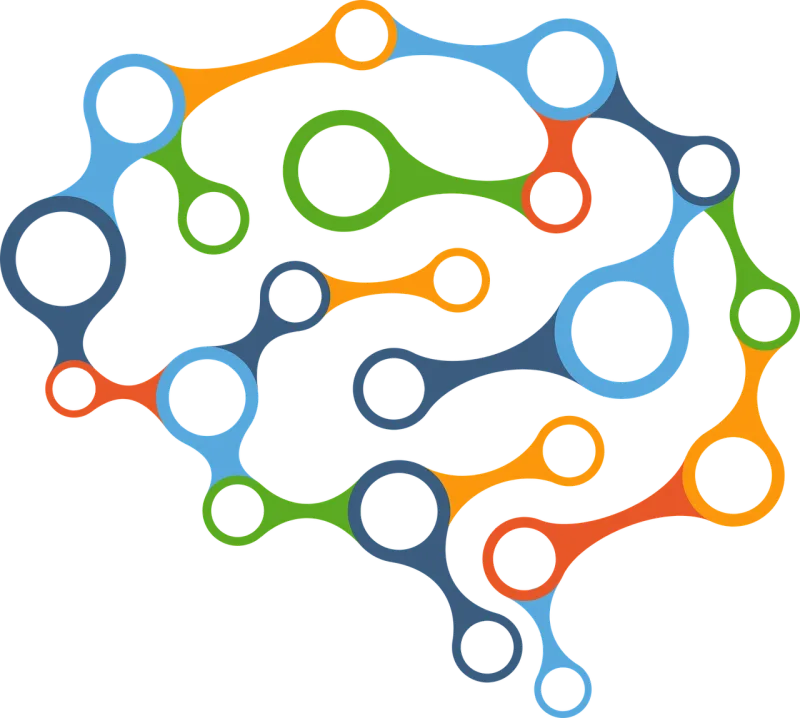
Andrew Huberman is a neuroscientist at Standford. He’s been in many podcasts and YouTube shows lately explaining his research (here's a very cool one), which often focuses on topics such as stress, anxiety, fear, and learning. You can listen/watch some of his interviews to learn more about all the different methods he and his team use for the first three, but we wanted to share here his recommendations for optimizing leaning, based on his many years experience in studying the human brain.
In order to learn fast, he concludes, you need three things:
1. You need to get your reps in. For learning Spanish, this means spending several hours per week memorizing vocabulary and conjugations, and getting exposure to the language, both in its written and spoken version.
2. Neural plasticity happens when urgency and focus combine, as the levels of norepinephrine and acetylcholine rise. To apply this to your Spanish learning journey, make sure you have short-term, achievable goals, and you consistently finish them on time, and make sure you focus really really hard when you are studying.
3. #1 & #2 don’t guarantee you’re going to learn. In order to “store” the new material in the form of new neural connections, you need to have long periods of rest and sleep.
We hope this was helpful! Here are a few interesting papers on these topics:
Hippocampal and brain stem activation during word retrieval after repeated and semantic encoding
The Role of Acetylcholine in Learning and Memory
Emotional enhancement of memory: how norepinephrine enables synaptic plasticity
Synaptic plasticity in sleep: learning, homeostasis, and disease

Berges Institute is the fastest-growing language school for adults in the US, Europe, and India.